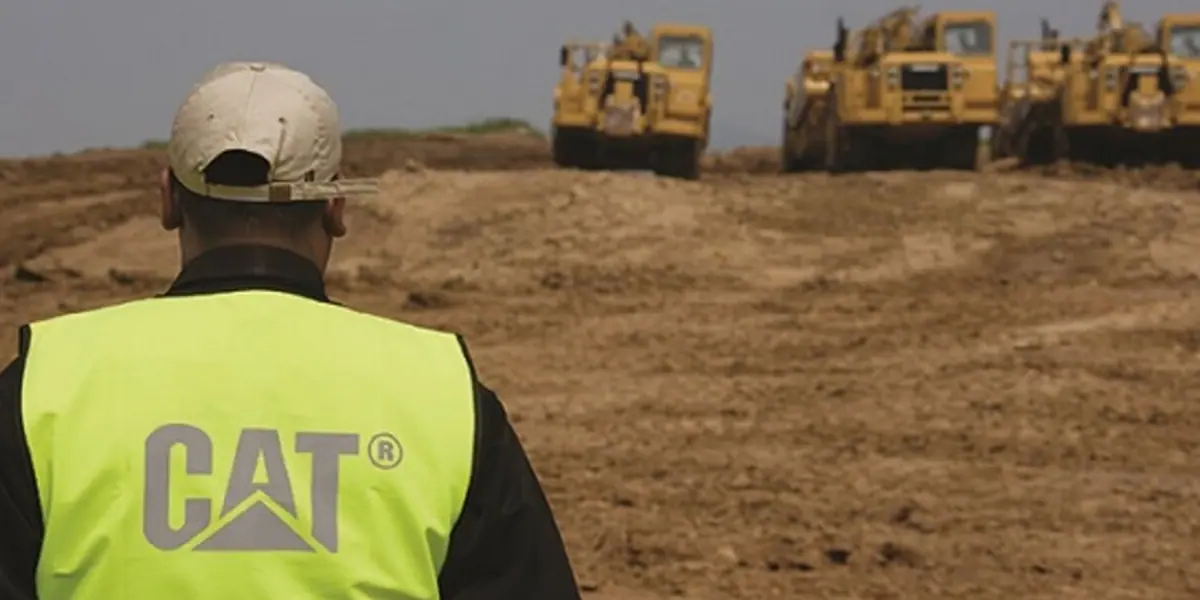
Heavy Equipment Safety Tips
Category: Equipment and Solutions
When it comes to working in and around heavy equipment, protecting your people and valuable assets is always a primary concern.
Every year, thousands of accidents and incidents occur that could have been avoided by following a basic set of procedures and best practices. Improving construction equipment safety not only reduces the chance of injuries or damage to equipment, leading to costly downtime and loss of productivity, but it also helps build a sterling industry reputation.
Take a proactive approach by utilizing the following heavy equipment safety tips:
-
- Practice ongoing education: Education is the investment that continually pays off in construction equipment safety. Provide training sessions and resources to ensure your employees understand how to operate equipment utilizing the latest safety technology and features. Even the most experienced driver benefits from refresher courses and exposure to innovative products and strategies for maintaining an incident-free work environment.
- Perform daily inspections: Daily walk-around inspections should be a part of every crew’s routine. Take a few moments to confirm machines are ready for use by checking everything from fluids, tires and batteries to inspecting hoses, attachments and the undercarriage. Part of the process involves starting equipment up and allowing the engine to reach optimal temperature and exercising functions and hydraulic implements.
- Follow safety protocols: In construction and other hard-working industries, time is money. However, paying attention to the small details and following established procedures can ultimately save you far more concerning safety and finances. From wearing protective equipment and carefully mounting and dismounting from the cab to buckling up your seatbelt and performing a visual scan of the work environment, operators must play a central role in their protection and take responsibility for the well-being of co-workers.
- Emphasize communication: A job site utilizing heavy equipment can be loud and disorienting, increasing the potential for an accident. Creating a culture of communication helps you avoid common hazards and improves organization and productivity. Provide technology, such as headsets and wireless devices for employees on the job and in management roles, to keep an open dialog while working. Each shift should start with a safety briefing or reminder. Putting up additional signage that warns of dangers and offers directions is also a practical heavy equipment safety tip.
- Know your equipment: Understanding the capacity limits of a skid steer loader, hydraulic excavator or any other type of heavy machinery is essential to maintaining job site safety. Be sure to use equipment only for the purposes it’s intended and to remain within the recommended travel and operating speeds.
- Perform timely maintenance and repairs: Sticking to a factory-recommended service schedule and attending to mechanical issues as they occur is an easy and effective way to lock down construction equipment safety. Ignoring a check engine light or going too long without replacing parts and systems is not only dangerous, but also leaves your business liable.
For more heavy equipment safety tips, contact NMC Cat today. We offer a variety of quality resources, products and services to help protect your business.
